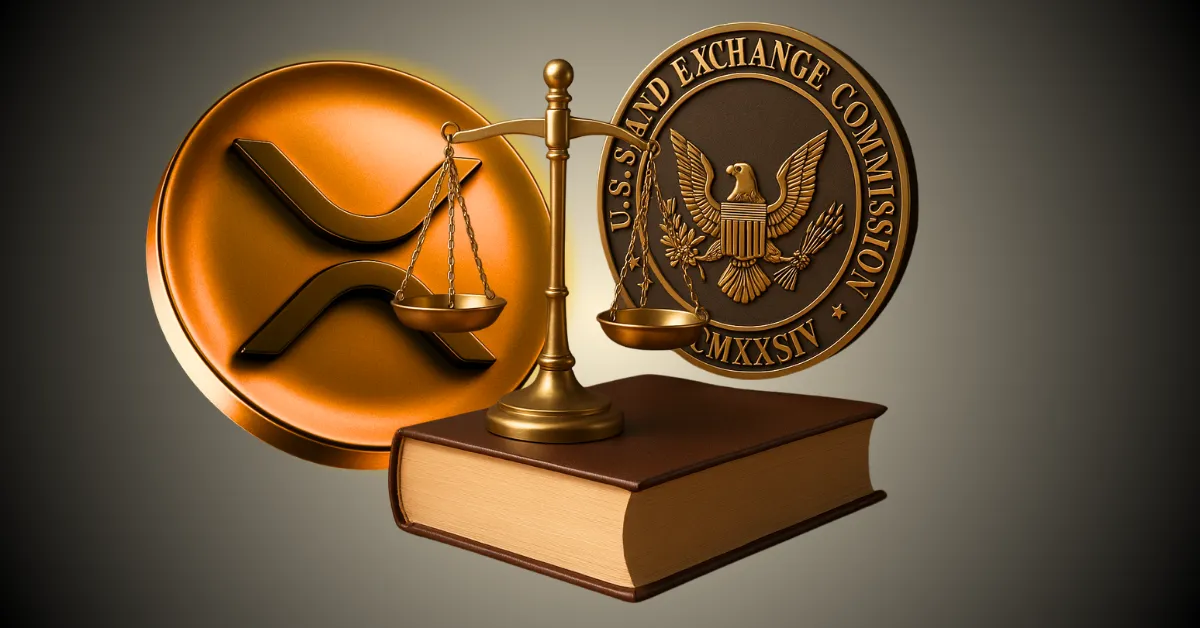
The ongoing legal battle between Ripple Labs and the U.S. SEC has reached a critical juncture. On May 8, 2025, Judge Analisa Torres denied a joint motion from both parties seeking an indicative ruling to reduce Ripple’s $125 million penalty to $50 million and to release associated escrow funds. The court deemed the motion “procedurally improper,” effectively stalling the proposed settlement.
Despite this setback, Ripple’s Chief Legal Officer, Stuart Alderoty, emphasized that the company’s previous legal victories remain intact, notably the 2023 ruling that XRP is not a security when sold on public exchanges.
The X post by Crypto analyst SMQKE cites a William & Mary Law Review article (Vol. 66:1531) suggesting XRP holders own a “slice of Ripple’s future cashflows” from its transaction settlement system, implying XRP could be seen as a security tied to Ripple’s profits, which contradicts the 2023 SEC v. Ripple ruling that XRP is not a security when sold to the public on exchanges.
According to the analyst, a Ripple win would be a milestone for blockchain-based infrastructure. It could give banks, investment funds, and corporations a working model for how to shift critical financial functions, like payments, settlements, and custody, to blockchain networks. If XRP is officially deemed not a security, it would validate the idea that tokens can represent future corporate value without falling under strict securities laws.
This could pave the way for other companies to raise capital and transfer value on-chain, avoiding the regulatory roadblocks that often slow innovation.
SMQKE highlights that the foundations of finance are already beginning to shift. Tokenized shares could settle instantly, custody could be handled by smart contracts, and payment systems could directly connect to crypto wallets. Institutions would still play a role, but they’d operate on more efficient, digital rails.
If the court backs Ripple’s structure, it would send a strong message: blockchain technology is ready to support core financial operations. This wouldn’t just help Ripple, it would signal that the industry is mature enough to support the next phase of global finance.
The SEC sued Ripple for selling XRP as unregistered securities, which Ripple denies, claiming XRP is not a security.
Ripple has scored partial wins, but a final ruling is pending; experts say the outcome could reshape crypto regulation in the U.S.
Yes, a Ripple win could legitimize blockchain use for payments and custody, setting a legal model for financial institutions.
Historical crypto charts indicate that small coins, costing less than a penny, often experience explosive…
The cryptocurrency world is buzzing with excitement as Ruvi AI (RUVI) gains momentum as a…
The cryptocurrency market is experiencing a pivotal moment as institutional money floods into digital assets…
Bitcoin is currently in a quiet phase. The price has been moving sideways without any…
The Smarter Web Company PLC, a publicly listed firm in the UK, has just added…
ETF analyst James Seyffart from Bloomberg recently explored an interesting hypothetical scenario. What if spot…